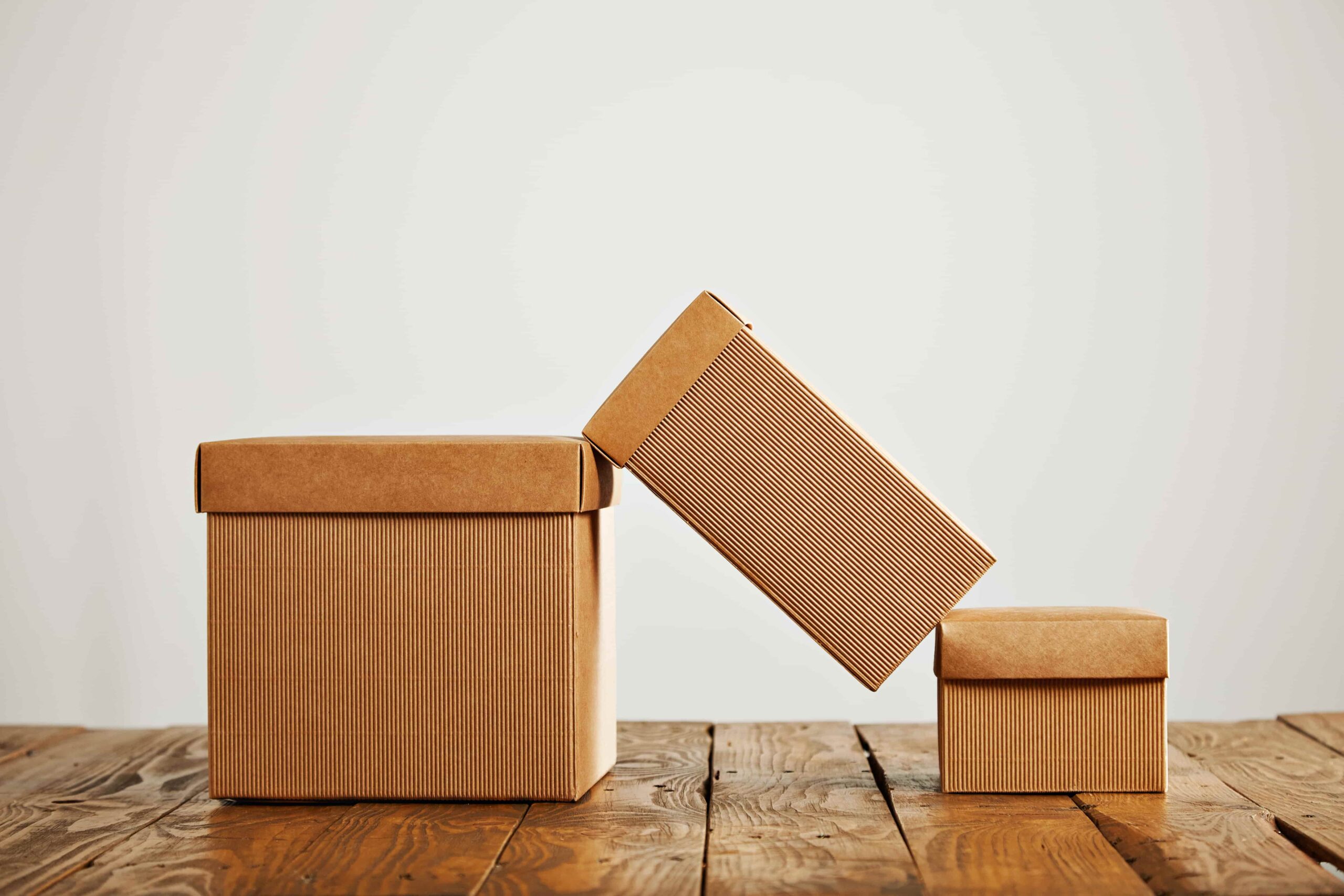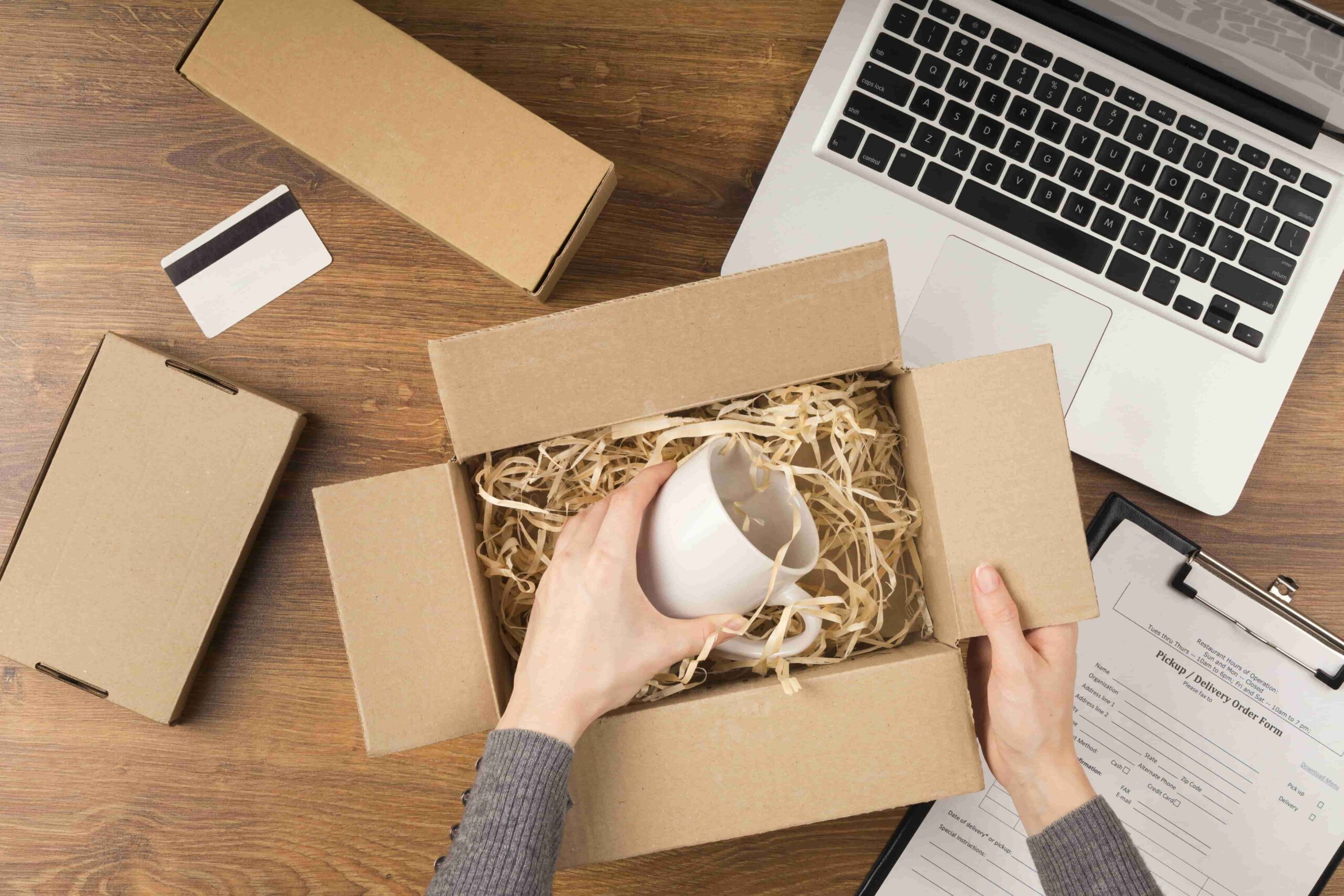In modern times, custom boxes have become so imperative for any business in establishing proper brand presence in the market and to give customers an excellent unboxing experience. Be it a small-scale startup or large-scale enterprise, definitely custom packaging would make a difference in how customers perceive the products that are being offered. Amongst all such queries that businesses often come up with when considering custom boxes is: How much do custom boxes cost?
In this article, we will break down factors that influence the cost of a custom box, provide a general pricing range for them, and look at ways to optimise your packaging costs.
Cost Factors Influencing Custom Boxes
- Box Material
- Size of the Box
- Quantity Order
- Printing And Design
- Custom Inserts and Add-ons
- Shipping and Handling
- Lead Time
The cost of custom boxes can vary greatly, depending on a number of variables. Knowing what these variables are can help you make more informed choices so that you get the most value out of your investment.
1. Box Material
Material type is one of the major cost determinants for your custom boxes. The common materials used include:
- Corrugated Cardboard
- Kraft Paper
- Rigid Boxes
- Folding Carton
Corrugated Cardboard
Strong, reliable, and in high demand for shipping and heavy products. This type of cardboard is a bit higher in price compared to normal cardboard due to its strength and durability.
Kraft Paper
This is biodegradable and cheaply available. Kraft papers are somewhat in demand because of their wild look. A little cheaper, it may not be as strong as corrugated cardboard.
Rigid Boxes
Rigid boxes are made for strength, rigidity, and high-value feel; they are used for packaging luxury items. Most expensive in the lot, since superior-grade raw material and construction is used.
Folding Carton
The folding carton boxes are made use of for lighter items cost-effectively.
2. Size of the Box
Basically, size is the main factor that influences the price of your boxes. Because the bigger your boxes, the more material they will obviously require and hence more expensive. Also, custom sizes and other than usual shapes may be much more expensive to manufacture as they require special machinery or more complicated procedures for assembling.
3. Quantity Order
Price significantly depends on the amount ordered. In a general way, the more boxes ordered, the less per-box price will be because of the economies of scale effect. But for the small businesses with very limited budgets, it is hard to place a big order upfront.
4. Printing And Design
The more complicated the design, the more the type of printing involved will cost. Options include:
- Digital Printing
- Offset Printing
- Flexographic Printing
- Special Finishes
Digital Printing
The best for small quantities or a possibly highly intricate design. It is flexible; the turnarounds are fast and often more per-unit expensive than some other means.
Offset Printing
Suitable for larger runs, it allows high-quality prints at lower costs per unit when your orders are bulk.
Flexographic Printing
Normally practised on large quantities with simple designs, this mode is quite cost-effective for basic branding needs.
Special Finishes
These would also include embossing, foil stamping, and UV coating. In case these special finishes are what you want, you will have to be prepared for their additional costs. It goes without saying that special finishes enhance the appearance of your boxes, but at a cost premium.
5. Custom Inserts and Add-ons
Dividers, foam inserts, or window cutouts are bespoke inserts or add-ons that add to the price if your product requires them. This will ensure products are securely held in place during transit, adding protection and a touch of luxury to unboxing.
6. Shipping and Handling
Shipping costs may depend on order size, weight of the order, and shipping destination. If your boxes are manufactured overseas, then you may have to pay more in the form of import fees, duties, or taxes. Producing domestically may be a little higher up-front, but perhaps save in shipping costs.
7. Lead Time
If you are the urgent type and need your custom boxes as soon as yesterday, then be prepared to pay for rush orders. Standard production usually takes time, and a little planning will save you from the extra costs associated with hurried services.
Some Basic Ranges of Prices of Custom Boxes
While the above factors will influence the cost of the custom boxes, here is some rough estimate:
- Small Boxes
- Medium-sized Boxes
- Large boxes
Small Boxes
The prices of 4×4×4-inch boxes can start as low as $0.30 to a high of $1.50 per box, depending on material, quantity, and printing options.
Medium-sized Boxes
Medium-sized boxes usually measure in the standard sizes of 6×6×6-inch; their prices range from a low of $0.50 to a high of $2.00 per box. Prices keep going up whenever finishes and materials are high quality.
Large Boxes
These range between 12×12×12 inches and start anywhere from $1.00 to $3.50 a box, especially with custom design and durable material.
Rigid box special finishes start at $3.00 a box but will run to $10.00, sometimes higher, depending on the sophistication of the design and quality of materials.
Optimising Your Costs for Custom Boxes
You can keep the cost reasonable, with a number of ways, if daunted by the cost of a custom box. Here is how you can attempt it, together with one or more of the following strategies:
- Order in Bulk
- Simplify Your Design
- Optimise Material
- Negotiate with Suppliers
- Plan Ahead
- Consider Local Suppliers
1. Order in Bulk
As alluded above, ordering in volumes of many times greater can drastically reduce the per-unit cost. If you’re able to accommodate inventory and the cash flow to do so, consider placing bulk orders.
2. Simplify Your Design
While intricately designed and special finishes add to your brand appeal, so too does the cost associated with manufacturing them. Simplifying your design can help you lower your per-unit cost while still effectively branding your products.
3. Optimise Material
You can, therefore, choose a material that will serve your needs without overkill. For instance, when your products are light, you must opt for a folding carton and not a rigid box.
4. Negotiate with Suppliers
You should feel free to negotiate prices with suppliers, especially for large orders or repeat ones. Most suppliers are willing to give discounts or work within your budget to nail your business.
5. Plan Ahead
By ordering well in advance of when you actually need it, avoid the rush fees. This gives you ample time to do your shopping around multiple suppliers to drive down the pricing and avoid expedited charges for production or shipping.
6. Consider Local Suppliers
In this way, working with local suppliers could save money on shipment costs and lead times that might be important elsewhere in the long term. You may also consider that local suppliers are going to be more flexible and responsive to your needs.
Conclusion
Custom boxes are an investment in your brand, and though they can range in cost, by knowing what drives pricing, you are ready to make informed decisions. Pay close attention to the materials chosen for your packaging, order in bulk, and simplify your design-all these surely help in managing a lean budget for packaging while giving an awesome unboxing experience to your customers.
From small businesses finding their feet to large ones rebranding their products, customized boxes are quite versatile and an active medium to add appeal to your products. The better the planning and selection of an appropriate supplier, the more the balance between cost and quality will be appropriate so that your packaging protects your products and strengthens your brand identity.









